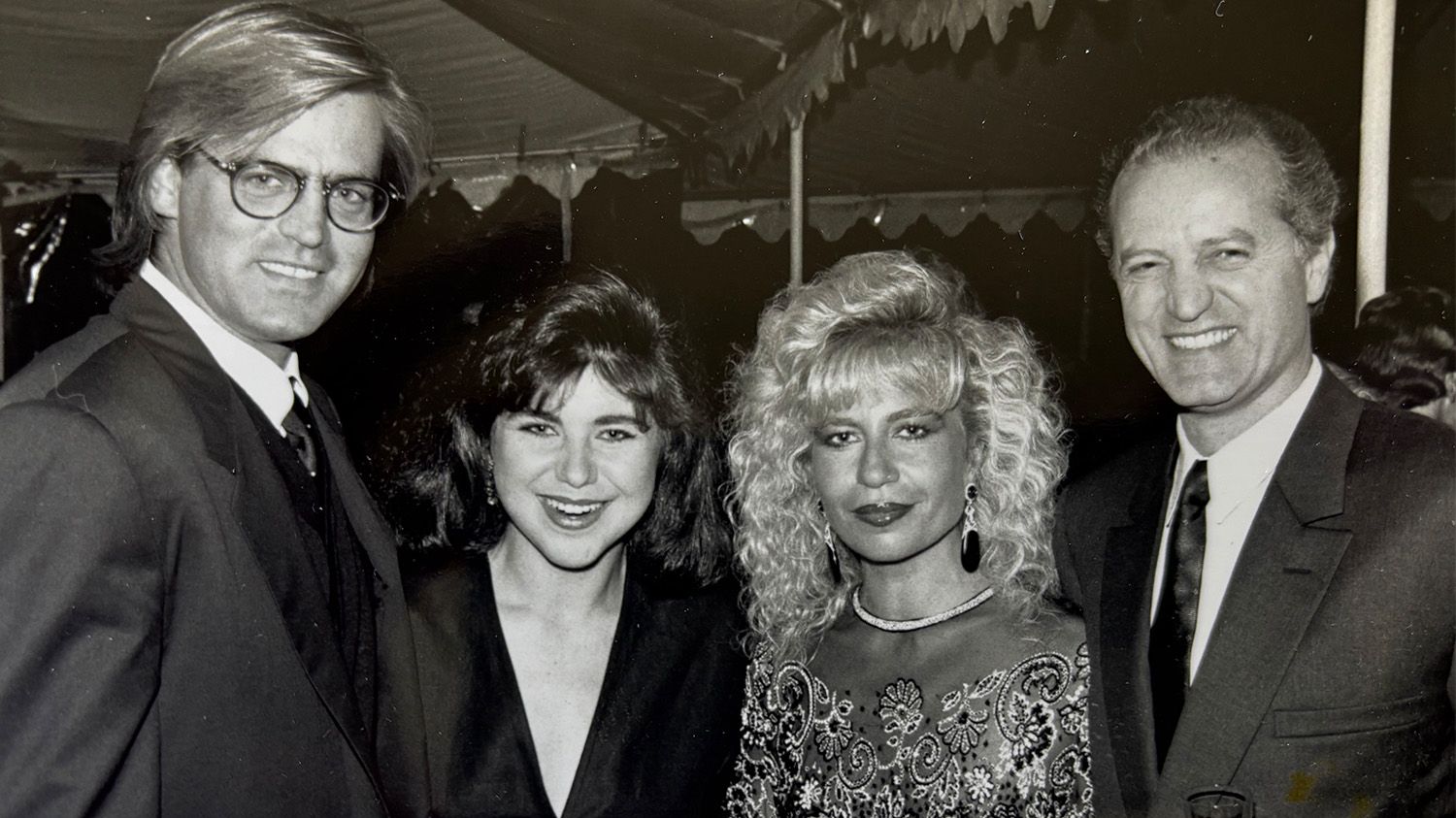When You're Paralyzed by Fear, Try This...

Want to listen to this article instead? Tune in here.
“Nothing in life is to be feared. It is only to be understood. Now is the time to understand more, so that we may fear less.”
— Physicist and Chemist, Marie Curie
I realize that I have feared—and continue to fear—many things throughout my days and life. Some of those fears I’ve conquered; others are still a work in progress. Marie Curie is absolutely right in saying that understanding is the antidote to fear.
Fear, when left unchecked, can grow into paralysis. And paralysis is the state so many of us find ourselves living in.
The first time I woke up in the middle of the night with Vertigo, I had no idea what was going on. I immediately panicked and thought I was going to die. You see, I thought Vertigo was just the name of an Alfred Hitchcock film—not something that would turn my world, quite literally, upside down.
I convinced myself to go back to sleep, hoping that whatever this was would disappear by morning. It didn’t, and so began many hours of utter terror and paralysis.
Not knowing what vertigo actually was sent my mind spiraling into a runaway train of worst-case scenarios. I’ve always had a remarkably high pain tolerance—pain doesn’t scare me. I understand it. It might slow me down, but it doesn’t paralyze me.
But vertigo wasn’t pain. It was a state of disorientation, confusion, and complete lack of control. And because I didn’t understand it, it triggered some of the deepest fears I’ve ever experienced.
Since that first episode, I’ve taken the time to fully educate myself about vertigo. I now understand everything there is to know—including the fact that it can still show up without warning, at any time. But I no longer fear it, because I understand it.
Now, when vertigo hits, I slow down. I become even more patient with myself than usual. Most importantly, I don’t allow fear to hijack my thoughts.
I see this same dynamic play out often in my coaching work with young adults. Many of them feel stuck; paralyzed by forces they can’t quite name. Their parents, who’ve provided every resource possible, are often baffled as to why their child isn’t moving forward.
The answer, more often than not, is fear—fear rooted in a lack of understanding.
Here are the top four principles that have become barriers, holding our young adults back from living engaged and whole-hearted lives. A better understanding of each principle, followed by intentional actions, will liberate them from paralyzing fear.
1. Confidence
They think confidence is something you're born with. They believe you either have it or you don’t, and you can only take action if you’ve been gifted with it.
But the truth is, confidence is a result, not a personality trait. It is built through taking action, despite fear, and coming out on the other side.
Some people are born with a natural tendency to take action, and as a result, they build confidence early in life. But for those who aren’t, confidence can be developed—at any age—if they’re willing to show up and do the work.
2. Perfection
They think perfection is a concrete and achievable state, and something their parents possess.
Understanding that perfection is a unicorn that can lead them on a lifelong chase is a good start for letting go of this destructive thought pattern.
As parents, we can help our children by being appropriately transparent about our own challenges, trials, and mistakes. When we walk our kids through the thinking behind our failed choices as well as our wins, we give them permission to be human.
In our efforts to provide them with everything we never had, we’ve sometimes given the impression that these things came easily to us. Now, as they face their own challenges, they feel unprepared.
In these circumstances, I share the words of the author, Sylvester McNutt III, “Overthinking is the biggest waste of human energy. Trust yourself, make a decision, and gain more experience. There is no such thing as perfect. You cannot think your way into perfection, just take action.”
3. Communication
They think good communicators are born, not bred.
But how can we expect a generation that primarily communicates through their phones to know how to connect with others in person? They watch the rest of us who had to learn how to advocate for ourselves, ask for what we want, and negotiate, and they think we are a different breed. They believe we were born with skills they were denied.
They take the first step towards confidence when they understand that communication, like playing the piano or learning a new language, is a skill that can be developed.
They take the next step when they experience the joy of authentically and powerfully connecting with another human being, and that’s when they begin to lose their fear of stepping into the “real” world.
4. Resilience
They think they’re fragile.
Why? Because we raised special snowflakes whose belief in their uniqueness serves to isolate them from, rather than connect them to, others. Others’ resilience and grit do not inspire them because they think it doesn’t apply to them.
If every single one of us is special and has been accommodated since birth, how can we connect to and be inspired by other people’s challenges? We continue to want the world to accommodate us when we hit a bump in the road.
Resilience is not a personality trait. It’s an ability cultivated by falling and getting back up again and again.
For many of our young adults, Muhammad Ali’s famous saying, “You don’t lose if you get knocked down. You lose if you stay down,” only compels them to stay out of the ring (of life). When you don’t understand how to get back up while in pain, you fear entering the arena and instead sit on the bleachers.
I have dedicated my life to helping others—and along the way, myself—live a better life every day, in every way. I look for barriers to success and coach myself and others on how to remove those obstacles for good.
Fear is a nearly universal barrier to living better, more successfully, and more in alignment. The antidote to fear is understanding. But by itself, understanding is not sufficient to catalyze change. We must follow it with actions. That’s where the magic lives.







